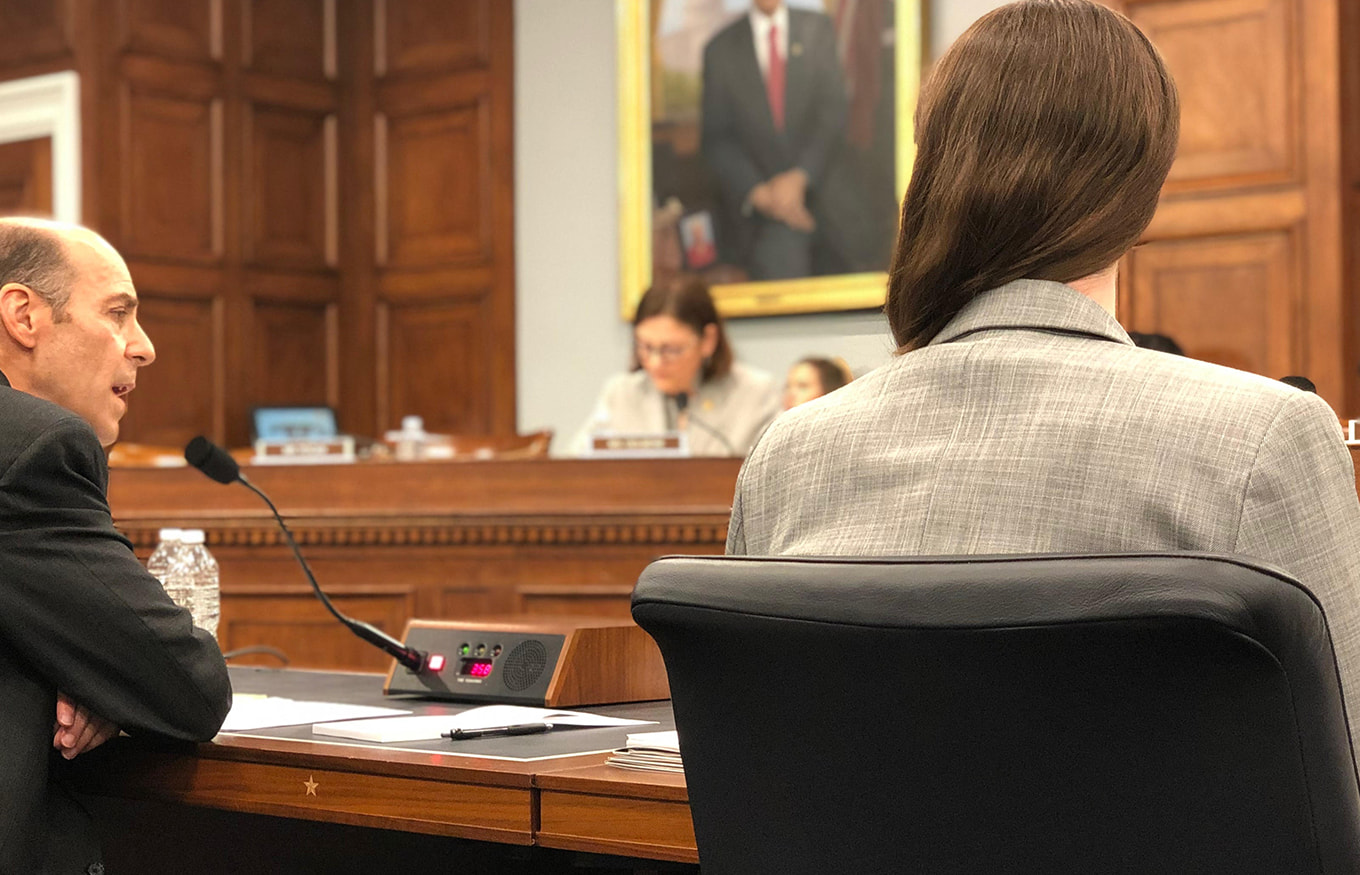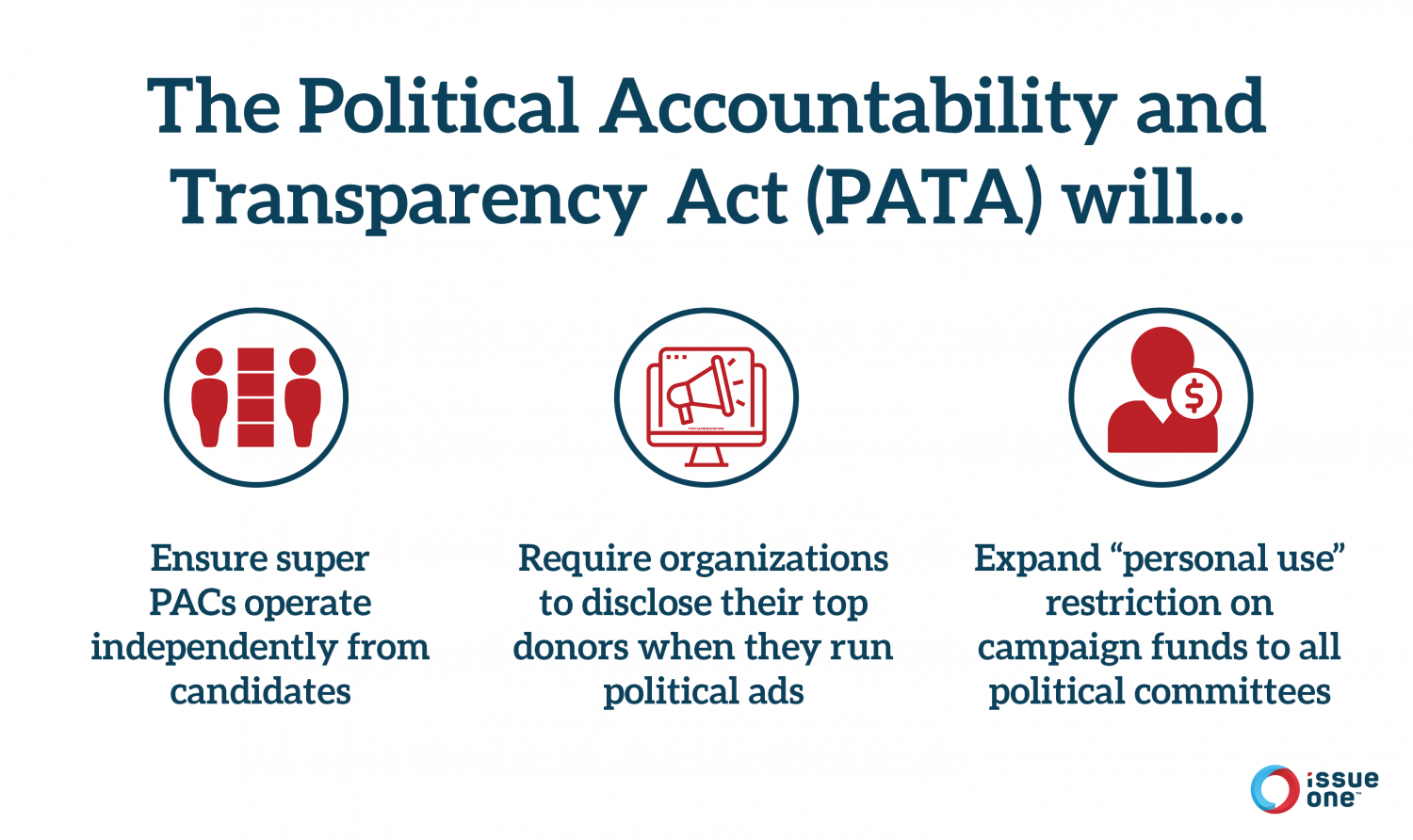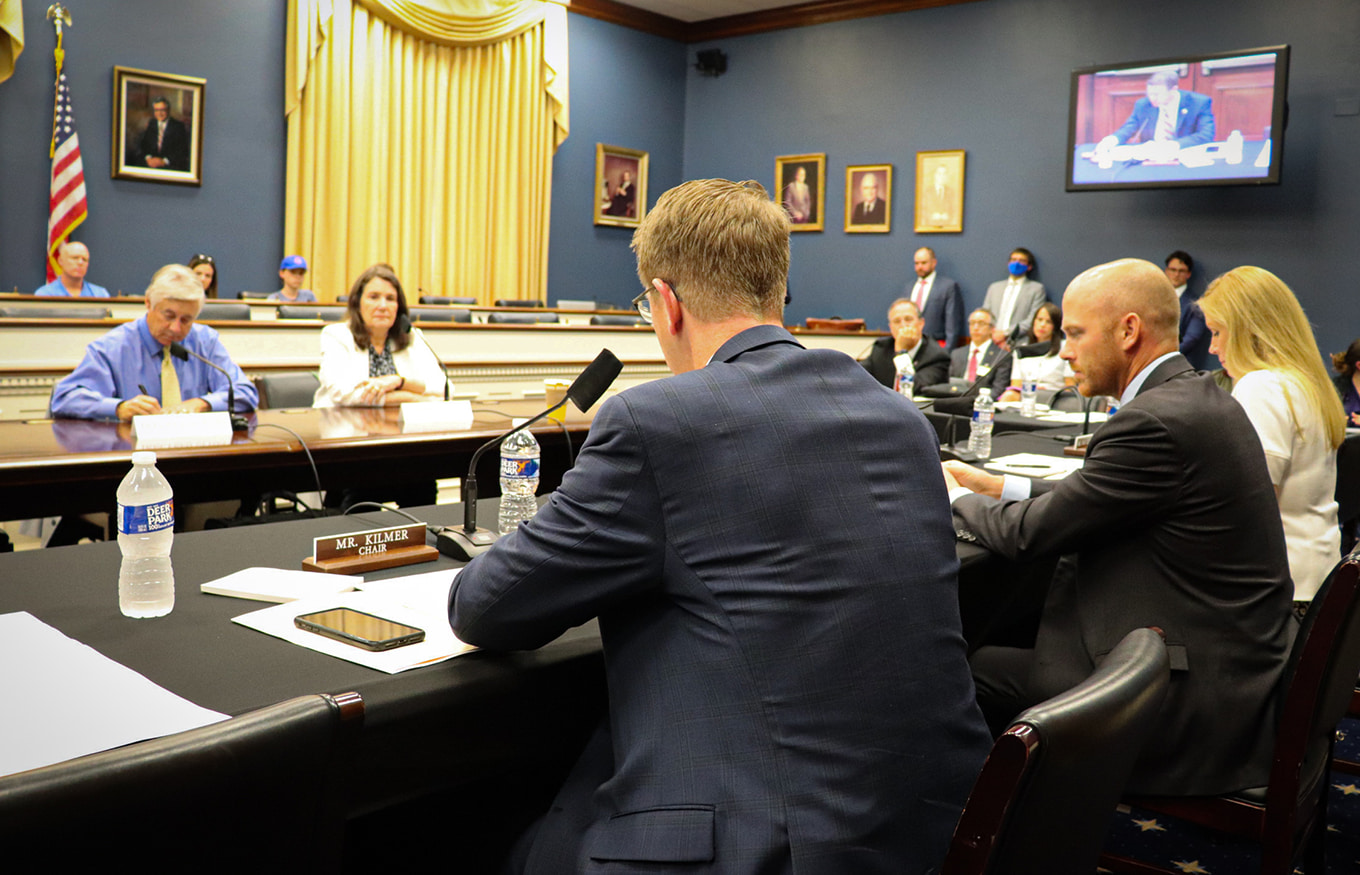Thursday, Representatives Kathleen Rice (D-NY), Mike Gallagher (R-WI), and Derek Kilmer (D-WA) — three co-chairs of the Congressional Reformers Caucus — reintroduced the Political Accountability and Transparency Act (H.R. 679). The bipartisan legislation lays a solid foundation for ensuring the public knows who is trying to influence their vote in elections and preventing lawmakers from abusing leadership PAC funds.
“It’s heartening to see bipartisan agreement on the issues of accountability and transparency, even as the government is shut down,” said Issue One Executive Director Meredith McGehee. “We look forward to working with more Republicans and Democrats to address flaws in federal campaign finance law that frustrate members of Congress and voters alike.”
“Strengthening the law requiring independence of candidates from outside groups is critical to loosening the influence that megadonors who fund super PACs hold over candidates and officeholders,” said Trevor Potter, President of the Campaign Legal Center, and a former Republican Chairman of the Federal Election Commission. “Similarly, increasing political spending transparency and stopping politicians from using leadership PACs as slush funds are broadly popular bipartisan reforms. Voters have a right to know who is bankrolling campaign ads. And it would seem obvious that lawmakers shouldn’t be using donors’ PAC money to fund golf memberships, trips to five-star resorts, and Disney World vacations.”
More than $800 million in dark money has been spent in elections since the Citizens United decision — and as Issue One’s research revealed, over 75 percent of that dark money has been spent by just 15 organizations. Meanwhile, the true sources of these funds remain unknown to voters until well after election day, if their identities become public at all. At the same time, super PACs must by law remain independent of candidates but often only pay lip service to this requirement.
The Political Accountability and Transparency Act will help better equip the public with the information they deserve to know when making choices about candidates and elections by:
- Stopping flagrant abuse of campaign finance restrictions by strengthening coordination rules so super PACs truly operate independently from candidates for office.
- Requiring political advertisements to disclose the top donors to the organization paying for the advertisements.
- Prohibiting politicians from abusing leadership PAC funds for their personal gain by clarifying that the “personal use” restriction on campaign funds applies to all political committees, including leadership PACs. Issue One and the Campaign Legal Center revealed widespread abuse of leadership PACs by members of Congress increasingly using the funds for five-star dinners, high-end vacations, and country club memberships, all under the guise of “fundraising expenses.”





